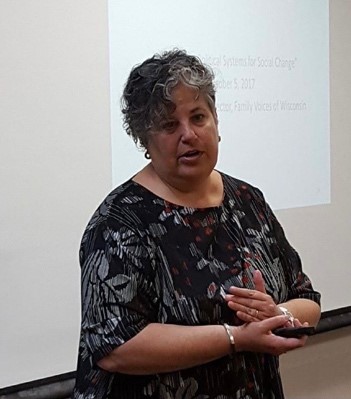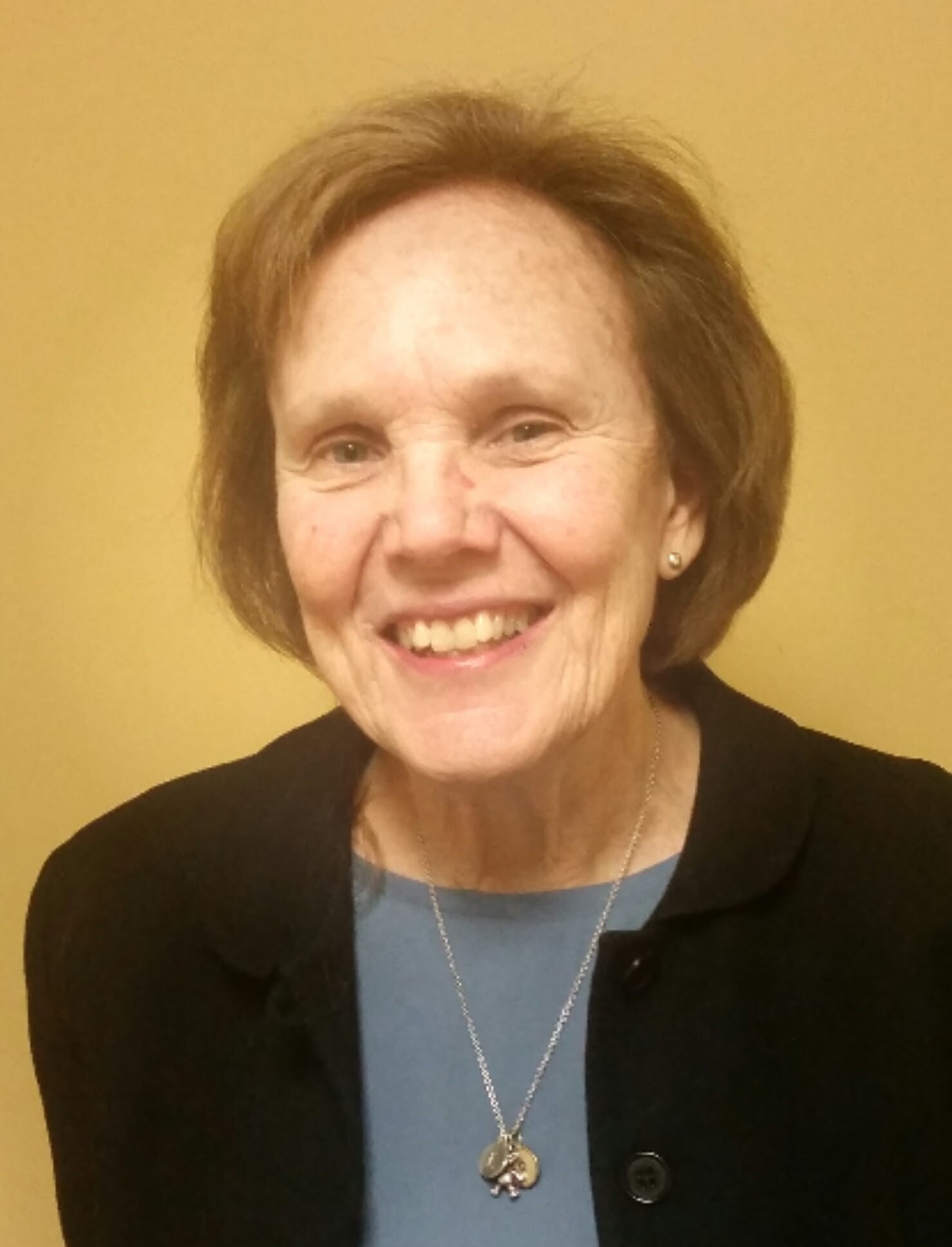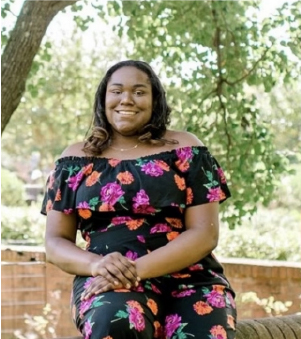There is a lot of action on the Senate side of the Capitol at the moment…
Senate Opioid Legislation
On September 17, the Senate passed, by a vote of 99-1, legislation to address the opioid epidemic. (Senator Mike Lee, R-UT, was the “NO” vote.) The legislation was a compilation of bipartisan bills from five different committees. See the statement of Senator Lamar Alexander (R-TN), Chairman of the Committee on Health, Education, Labor, and Pensions (HELP) or the more detailed (20 pp.) section-by-section summary of the bill. Among several provisions related to infants, children, and adolescents, the Senate bill would increase the authorization level for the National Child Traumatic Stress Initiative. The House passed a large opioid bill in June (summary). Unlike the Senate bill, the House bill would temporarily lift the current-law ban on Medicaid reimbursement for treatment of adults in “institutions for mental disease” for those with an opioid-use disorder. The House bill also includes a provision easing privacy restrictions so that families and others can see patient records under certain circumstances. See Senate Passes Massive Legislation to Combat Opioid Crisis (Washington Examiner, 9/17/18) Now, a House-Senate conference committee is meeting to resolve the differences between two bills, with the aim of sending it to the president’s desk before the midterm elections. See What’s In, What’s Out, and What’s Still on the Table in the Opioids Package Passed by the Senate (Stat, 9/17/18).
Appropriations
On September 18, the Senate passed a bill reflecting a House-Senate conference agreement to provide FY 2019 appropriations for the Department of Defense and the Departments of Labor, Health and Human Services, and Education. The bill (H.R. 6157) was approved by a vote of 93-7. See the statement of Senate Appropriations Committee Chairman Richard Shelby (R-AL), Senate Passes Final Defense, Labor-HHS-Education Appropriations Minibus Conference Report. The conference bill includes a $2 billion increase for the National Institutes of Health, and an increase of $206 million (to $3.8 billion) to combat the opioid crisis. It also includes increases for several other programs of interest:
- An increase of $26 million for the “Special Programs of Regional and National Significance” (SPRANS) portion of the MCH Block Grant. The increase is allocated to specific maternal-health initiatives. Although the MCH block grant to states was level-funded, the increase in funding for the maternal-health initiatives will free up any block-grant funds that states had been spending on these activities.
- $10 million for a new CDC initiative to support collaboration with state, tribal, territorial, and local health departments to monitor mothers and babies impacted by Zika virus during pregnancy in the highest-risk areas, and to pilot, in additional jurisdictions, the Zika surveillance/registry system to capture data on Zika and other emerging public health threats to mothers and babies, such as opioid use during pregnancy, natural disasters, and pandemic influenza.
- $300,000 to establish and carry out the activities of the Family Caregiving Advisory Council created by the RAISE Family Caregivers Act.
The conference report must still pass both chambers of Congress, which is expected, and be signed into law by the President. The bill text, conference committee’s “joint explanatory report,” and summaries of the bill can be found on the website of the House Committee on Appropriations.
Senate Bill on Pharmacy “Gag Clauses”
By a vote of 98-2, the Senate passed legislation to ban pharmacy “gag clauses,” so that pharmacists are not prohibited from telling customers that they can save money on prescriptions by paying with cash instead of insurance. Such gag clauses are sometimes included in contracts between pharmacies and insurers or pharmacy benefit managers. President Trump had tweeted his support for the measure. See Senate Passes Massive Opioid Package, Bill To Ban Gag Clauses (Fierce Healthcare, 9/18/18). A similar bill was marked up in the House Energy and Commerce Committee on September 7.
Bipartisan Senate Measure on “Surprise Medical Bills”
The Hill newspaper reports that a bipartisan group of Senators has developed a draft measure to crack down on surprise medical charges from providers outside an insurance plan’s network. The bill would: prevent an out-of-network from charging additional costs for emergency services; require health care providers to give written notification to patients who receive emergency care at an out-of-network facility before they receive any follow-up nonemergency care; and prohibit charges from out-of-network doctors at an in-network hospital (such as an anesthesiologist or emergency physician). See Bipartisan Senators Unveil Proposal to Crack Down on Surprise Medical Bills (The Hill, 9/18/18).
Kavanaugh Hearings
WORTH REPEATING: As reported in last week’s Update, the Senate Judiciary Committee’s initial hearings on Supreme Court nominee Brett Kavanaugh included several outside witnesses. Among them was Jackson Corbin, a 13-year-old with Noonan Syndrome, a rare disorder he shares with his brother and mother and which affects multiple body systems. His moving written testimony was about the importance to his family of having insurance coverage despite their significant pre-existing conditions. NEW: You can watch Jackson’s testimony here, beginning at about minute 30:35. Another witness, Liz Weintraub of the Association of University Centers on Disability, testified about the rights of people with disabilities like herself.


















